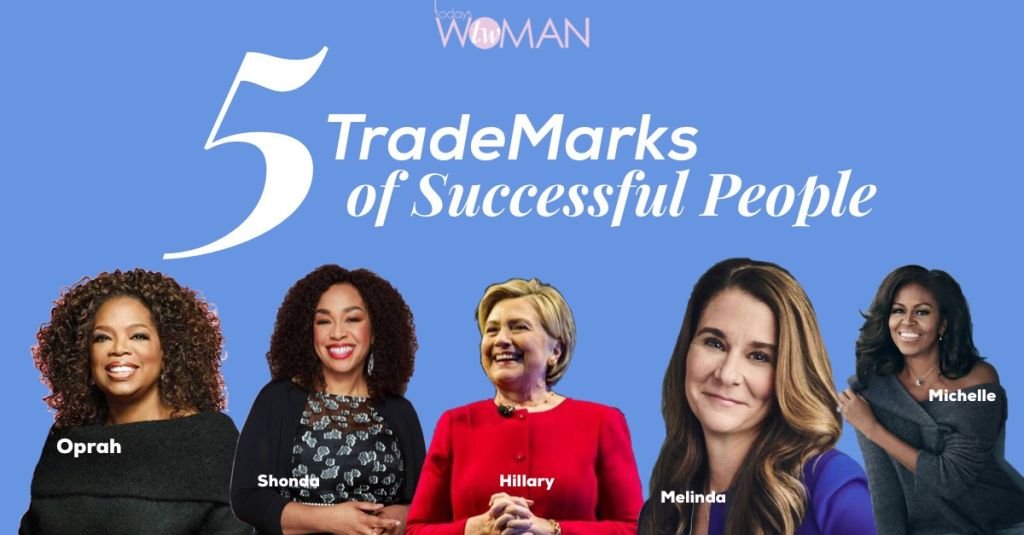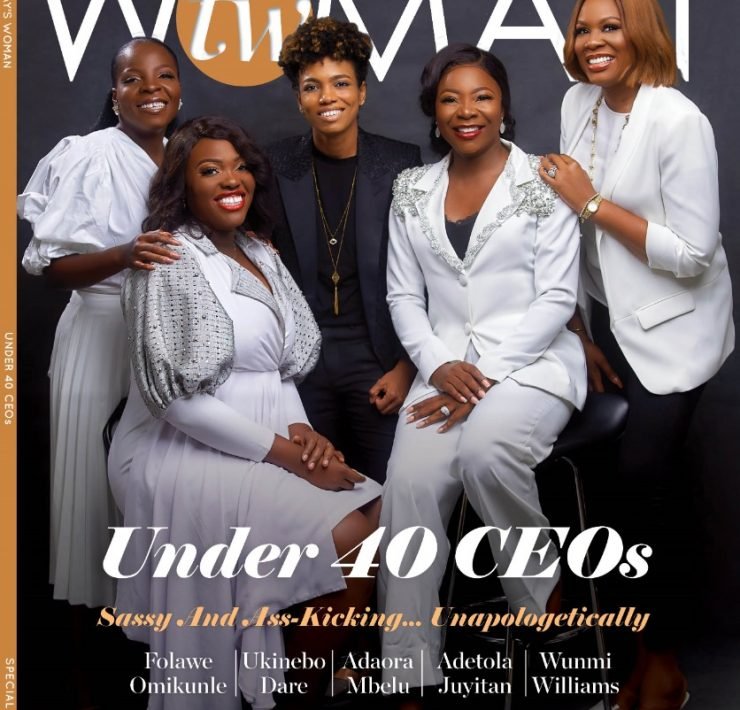Ade Bantu – Making Music Meaningful
Talking to Ade Bantu whose real name is Adegoke Odukoya, is akin to getting schooled on whatever subject matter you might be discussing. A well-read, well-travelled man, his vast knowledge is evident in his speech and even in the way he carries himself.
With over 10 albums and numerous awards under his belt in more than ten years of making music with his band, Bantu, Ade feels he has nothing to prove. Music for him goes beyond acquiring the bling-bling, fancy cars and fancy apartments. He would rather use the influence and reputation he has acquired as a successful international artist to impact his immediate environment which is currently Lagos, Nigeria.
Ade lived in Germany, where his mother is from, for more than 20 years before moving back to Nigeria in 2009. “After spending a huge amount of time in Europe, I felt that I had amassed an incredible wealth of knowledge that I wanted to pass on and engage the Nigerian society with. I have been fortunate to have experienced a lot of historical events in Nigeria in the last three years – the elections, the “Occupy Nigeria” movement… I have seen the decay of the society on different levels, the insecurity. I have had to deal with fear and with joy. It has been a very beautiful experience and I can’t complain.”
Although Ade still records music – Bantu released an album last year and has another one coming out hopefully later this year – much of his energy is directed towards philanthropic work such as “Born Troway” which he initiated in 2011. “Born Troway is a creative arts project. We wanted to go to disadvantaged communities to give young people that have been discarded by the larger society the chance to express themselves, and tell their own stories. We went to communities in Ajegunle and Port Harcourt where we auditioned and chose about 30 to 40 kids secondary-school aged kids and trained them in music, dance and theatre.”
The training was carried out for free thanks to funds sourced from private individuals.
“We literally go begging for the monies and the instructors work for little or nothing. We just want people to feel some kind of responsibility towards their community so we don’t go to the government. It’s about people identifying with the arts and the less privileged and giving them a chance to understand that we have to be there for one another and that the arts play a very important role in actually shaping the society.”
According to Ade, in under a year, the project recorded such success that the trainers were invited by the German government to Durban, South Africa to work with kids over there.
“The ultimate goal of Born Troway is to go around different cities in Nigeria, we are targeting five cities, take the best participants and do a music tour within Nigeria. The long term goal is to build community centres in our host communities and teach kids how to raise funds and to go about creative arts projects on their own.”
In addition to his pet project, Ade is currently involved as a producer in a hip-hop album project that “aims to foster dialogue between Muslim and gospel rappers in the face of all the atrocities being committed in the name of God.” Tagged the Lagos-Kano Hip-Hop Connection, the album is sponsored by the Goethe Institute and was recorded both in Kano and Lagos.
Ade is also heavily involved in an upcoming documentary called The Elder’s Corner which features living legends of the music scene in Nigeria telling their stories. The idea for the documentary came from Siji, an America-based Yoruba soul artist whom Ade met on MySpace some years back; the two have since formed a close friendship.
The two friends see The Elder’s Corner as a way of preserving Nigeria’s musical history and intend to interview (or have interviewed) such icons as Jimmy Solanke, Lemi Ghariokwu, Fatai Rolling Dollar etc. “Most of these people are slowly fading away,” Ade laments. “We were supposed to meet James Iroha [in March] but he passed away [in late February]. Peter King, the man that was instrumental in shaping Asa and helping her music in terms of her musical growth recently had a stroke. He was a pioneer when it came to passing on music knowledge. Segun Bucknor, one of our greatest musician and a man that was instrumental in shaping what eventually became Afrobeat, and Afro funk also recently had a stroke. We need to make sure they tell their stories before they die.”
For someone who “stumbled” into music thanks to friends in Germany who considered him a shoo-in for lead vocalist in their fledgling band based solely on his being black, it seems almost justified that Ade’s passion would go beyond seeing music as just an avenue for fame and the easy life.
“It’s never been about being rich. If it was, I would have done that a long time ago. I am laissez-faire about life. I am not into material things. The question is if I leave this planet would I do so a happy man? What did I do to contribute to the betterment of mankind? That’s what I ask myself everyday and that’s what keeps me going.”
Sign Up to Our Newsletter
Get notified about exclusive offers every week!












